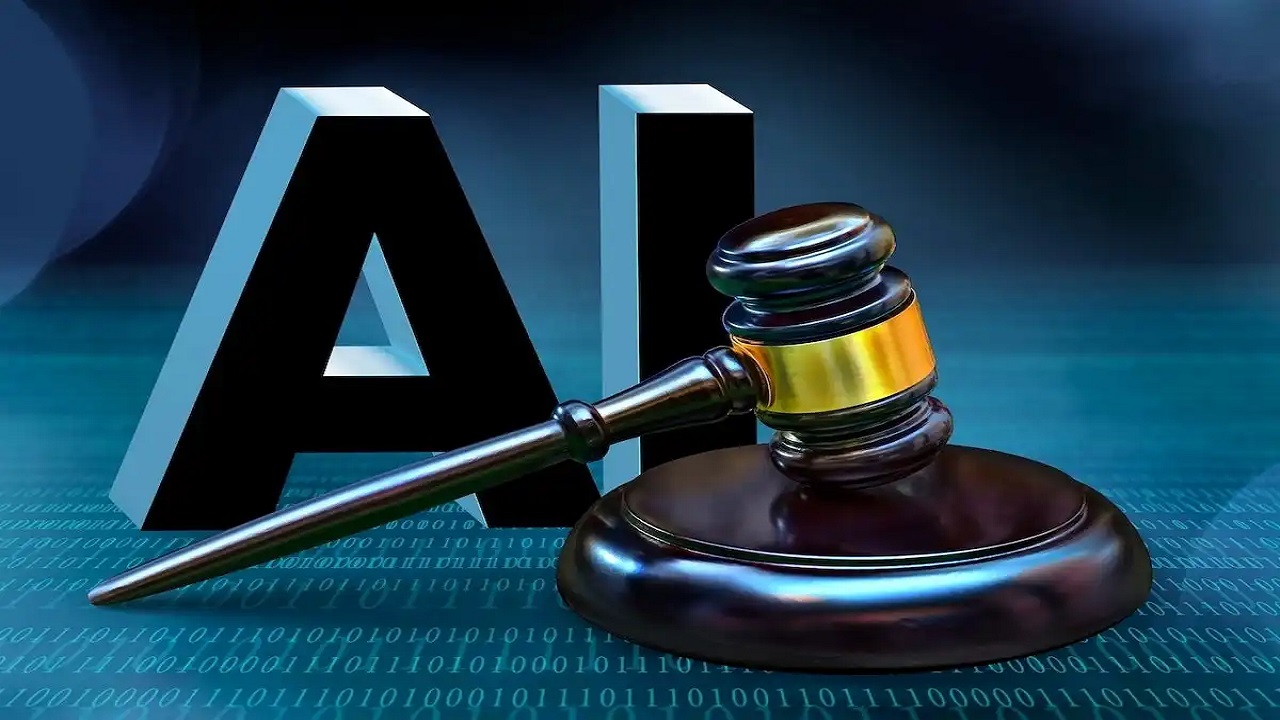AI vs Copyright: Legal Clarity or Creative Crisis?
Context:
With the rapid growth of generative AI models like ChatGPT, Claude, and LLaMA, the legal question of whether using copyrighted content for AI training qualifies as infringement or “fair use” has become a global concern. In 2024–25, two major rulings by US courts provided crucial clarity on this issue, potentially shaping future global regulations—including in India.
AI Training and Fair Use: Legal Issue
-
Generative AI systems rely on massive datasets, including books, articles, and internet content, for training.
-
Critics argue this involves unauthorised copying of copyrighted works.
-
Tech companies defend their practice as “transformative” use, protected under the doctrine of fair use.
-
Key Question: Does using copyrighted content to train AI models constitute copyright theft?
Key Rulings in the US: A Legal Turning Point
Case 1: Writers vs Anthropic
-
Filed in August 2024 by authors Andrea Bartz, Charles Graeber, and Kirk Wallace Johnson.
-
Allegation: Anthropic used pirated versions of their books to train its Claude AI models.
-
Writers claimed this harmed their livelihood by enabling free or cheap AI-generated content.
Court’s Decision:
-
The Northern District of California ruled in favour of Anthropic.
-
The court recognised the AI training as fair use under US copyright law.
-
Judge emphasized that the AI's output was transformative and did not replicate or replace the original work.
-
Key Quote: “Like any reader aspiring to be a writer, Anthropic’s LLMs trained upon works… to create something different.”
Case 2: Writers vs Meta
-
Filed by 13 authors, accusing Meta of using their copyrighted books to train its LLaMA language models.
-
Plaintiffs claimed the AI generated outputs that closely resembled their original content.
Court’s Decision:
-
The court ruled in Meta’s favour, stating the authors failed to show market harm.
-
Judge accepted the AI model’s training as transformative, qualifying for fair use.
-
However, the court noted the need to explore compensation mechanisms for original creators, especially as AI becomes commercially dominant.
Broader Legal Landscape: Escalating Copyright Battles
-
Anthropic is facing a separate lawsuit by music publishers for training on copyrighted lyrics.
-
OpenAI and Microsoft face a consolidated lawsuit combining 12 cases, including one from The New York Times.
-
Ziff Davis has filed a separate lawsuit against OpenAI.
-
Visual artists and platforms have sued:
-
Stability AI, Midjourney, Runway AI, and Deviant Art
-
Getty Images accuses Stability AI of copying 12 million+ images without permission.
-
Indian Media’s Legal Response
-
In 2024, Indian news agency ANI filed a case against OpenAI, alleging unauthorised use of Indian content.
-
Major outlets like The Indian Express, Hindustan Times, and NDTV joined the protest through the Digital News Publishers Association (DNPA).
-
These actions mark the beginning of domestic litigation in India around AI and copyright laws.
Significance for Policy and UPSC Aspirants
-
These rulings legally support AI training on copyrighted content under fair use—especially when output is transformative and serves public interest.
-
However, unresolved issues persist:
-
Protection and compensation for original content creators.
-
Ethical concerns over AI’s use of pirated datasets like Books3.
-
Risks to livelihoods and the creative economy.
-
Conclusion
The recent US court decisions mark a milestone in AI regulation, offering legal clarity in favour of tech companies under fair use doctrine. However, the broader debate on ethical use, creator rights, and compensation remains unsettled. As India gears up for AI policy development, these cases offer crucial legal and regulatory insights for lawmakers, creators, and aspirants alike.



.jpg)
Comments (0)